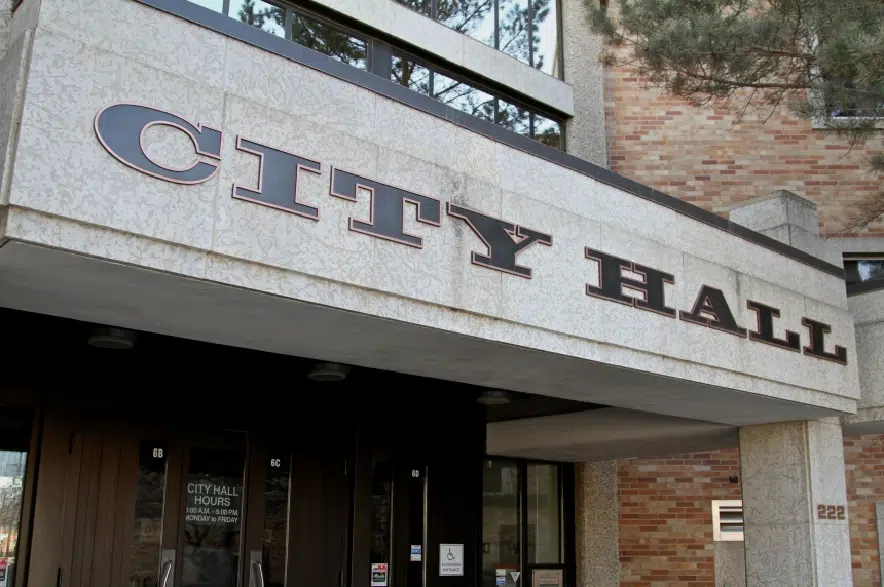At a marathon meeting Tuesday, Saskatoon’s city council made a significant dent in a major funding gap.
The city was facing a $50.9-million funding gap for 2024 and a $23.2-million gap in 2025. So far, those gaps have been reduced by $21.6 million and $1.59 million, respectively.
At Tuesday’s special meeting of the city’s governance and priorities committee, Saskatoon’s chief financial officer, Clae Hack, explained what those reductions mean for taxpayers.
“Equating that to property taxes, if no further mitigation was delivered, it would be (an increase of) 9.96 per cent in 2024 and 6.17 per cent in 2025,” said Hack.
That’s down from the original estimates of an 18.56 per cent property tax hike in 2024, and a 6.95 per cent bump in 2025.
At the beginning of the meeting, Mayor Charlie Clark reiterated that Saskatoon was one of six cities in Canada to retain its AAA credit rating and noted Saskatoon was not the only city facing budget challenges.
“If you just follow the news about Toronto, they have a $1-billion funding shortfall there,” he said.
Clark thanked the city’s administration staff for putting together a series of seven reports with options for cutting down the funding gaps.
Keith Moen, executive director of the North Saskatoon Business Association, was one of two speakers to address council during the meeting, bringing forward his group’s list of seven recommendations, which he said included contributions from experts in accounting, law, human resources and business leadership. That list included pausing major capital projects and laying off as many as 400 people from city hall.
Moen had some pointed words for council, telling the elected representatives they had the opportunity now to do what they should have been doing all along: Listening to experts.
“You’ve made this a topic of conversation at unique places — not only at the water cooler, but among parents at children’s birthday parties, for instance, and at campfires around Saskatchewan — all by people who normally don’t give a hoot about civic affairs or politics,” he said.
“In other words, you’ve stepped in it big time, and everyone is watching.”
Don Atchison, who was mayor of Saskatoon from 2003 through 2016 and ran for the office unsuccessfully in 2020, also made a last-minute presentation at the meeting, outlining areas he said should be priorities for funding as council searches for savings. Those included affordable housing, protective services, roads and transportation.
He also suggested that some major capital projects be put on hold to help address the funding gaps.
Council voted to accept most of the recommendations in the administration’s report, cutting more than $20 million in costs over the next two years.
A motion requesting the Saskatoon Police Service submit its budget prior to late November when budget discussions normally take place also passed unanimously.
Other recommendations passed by council included a potential increase to parking rates from $2 to $2.50 per hour and a 15-cent parking app fee to be charged each time someone with the app adds time to their meter.
Despite being approved, none of the approved recommendations are set in stone. Council will still ultimately have to debate and approve the measures during its budget deliberations in late November.
Five reports are still to be debated during the special meetings. Those include potential savings in community support, environmental health, land development, arts and culture, and taxation.
The next meeting will take place Aug. 15, with an option to continue the following day.











